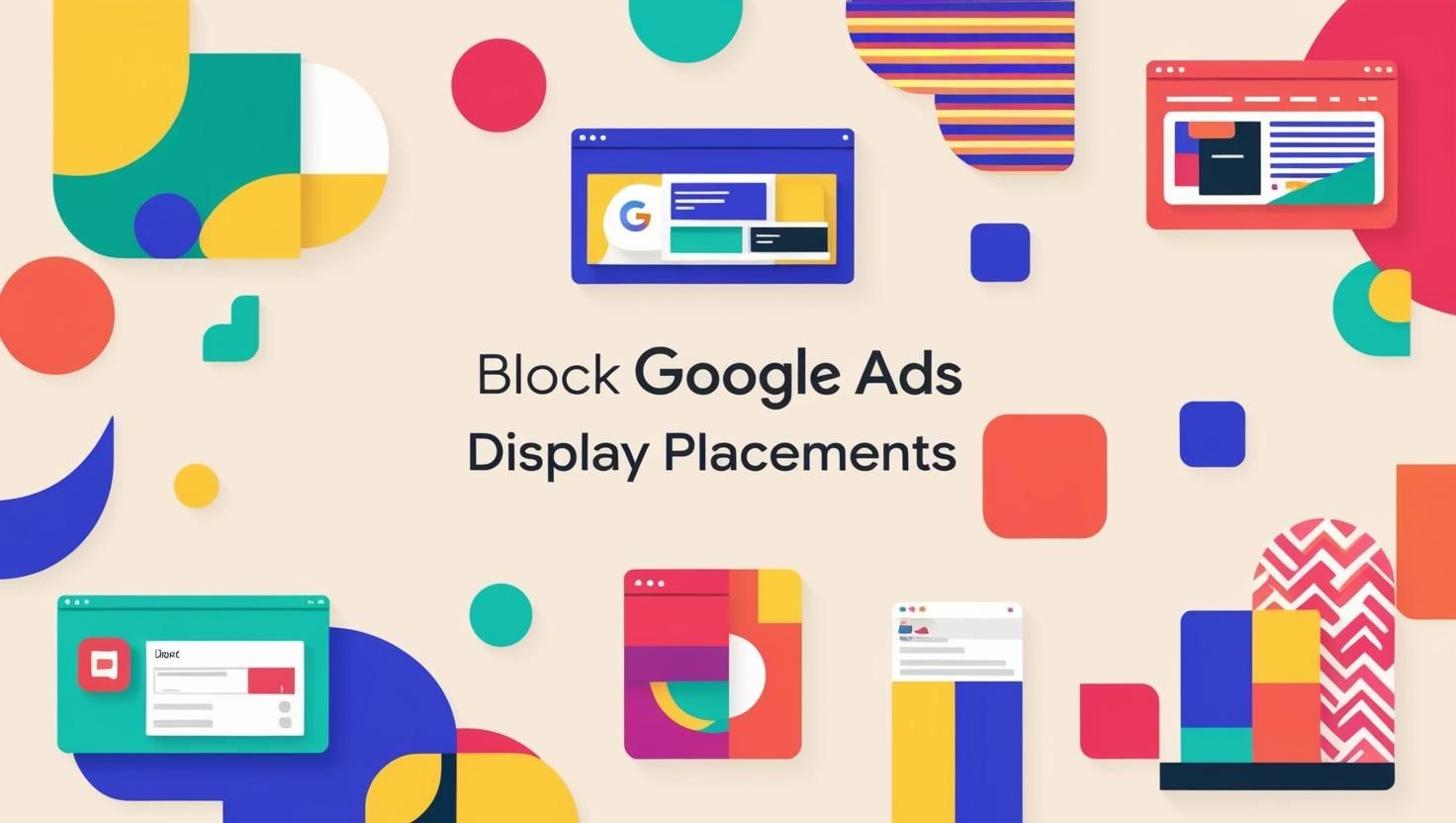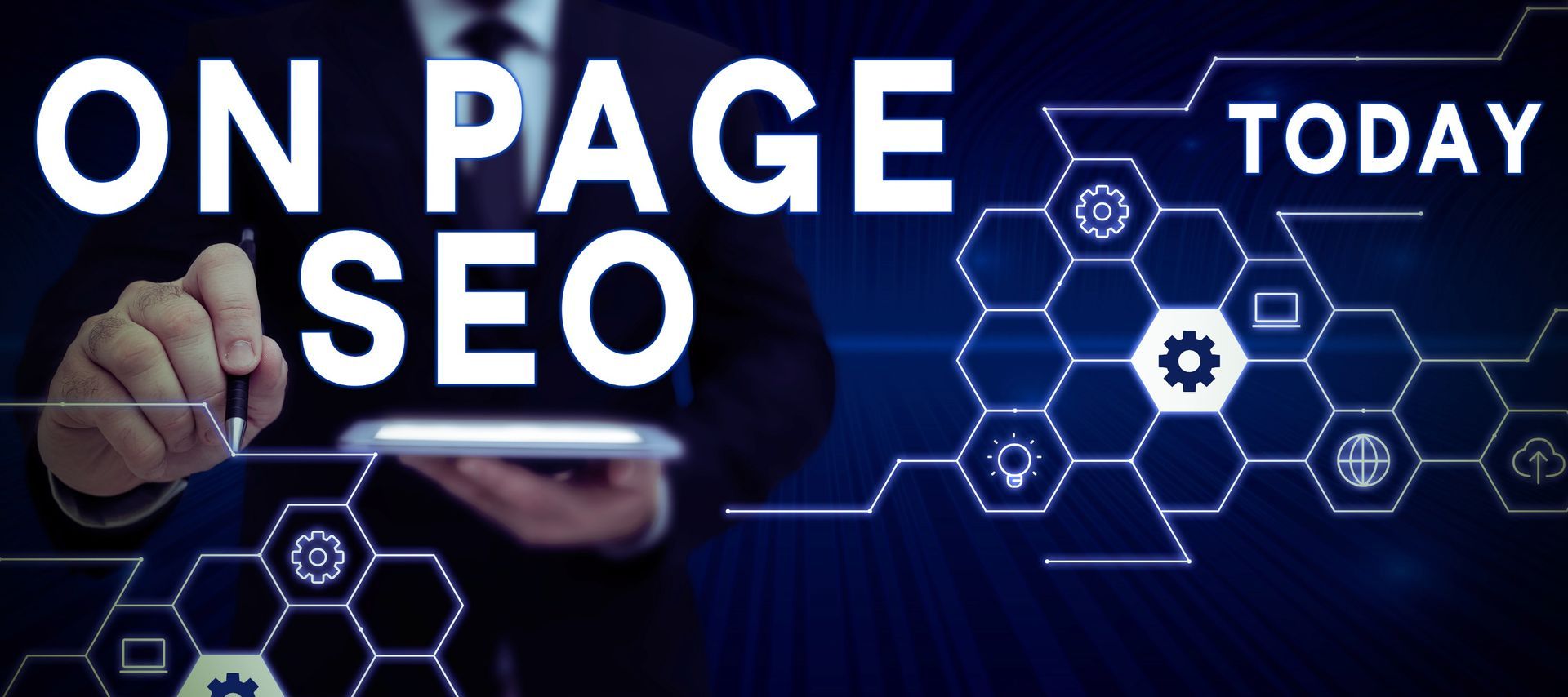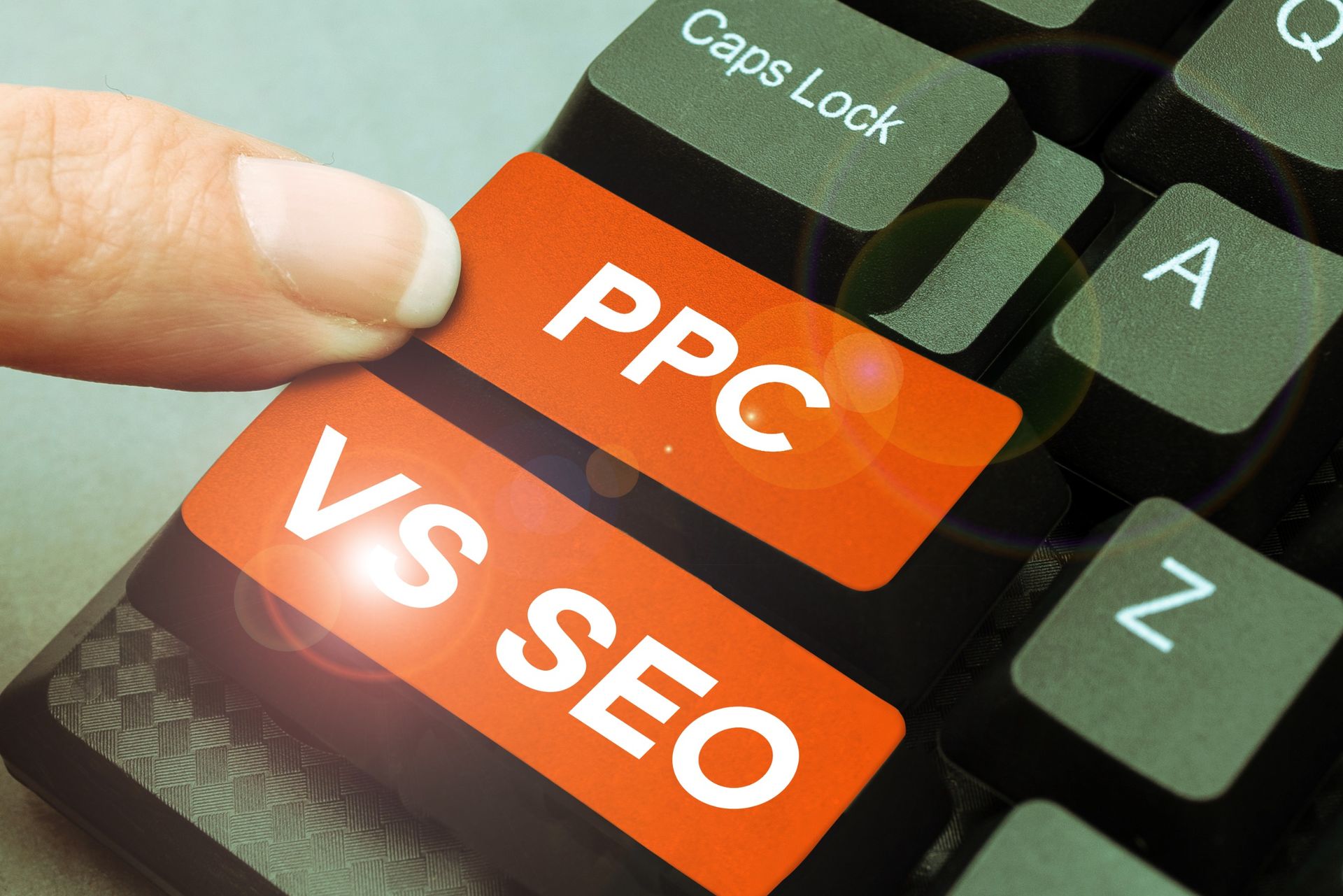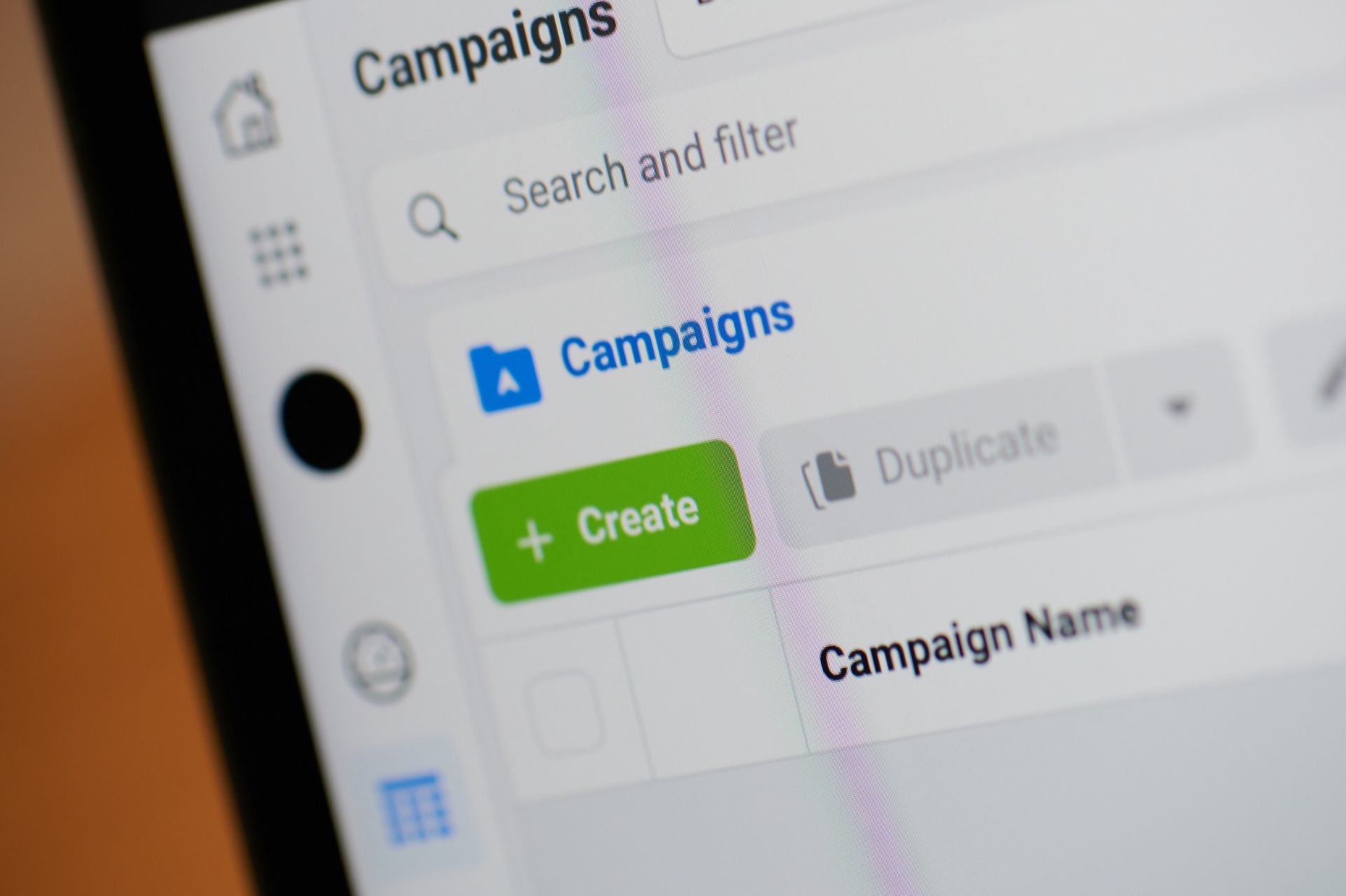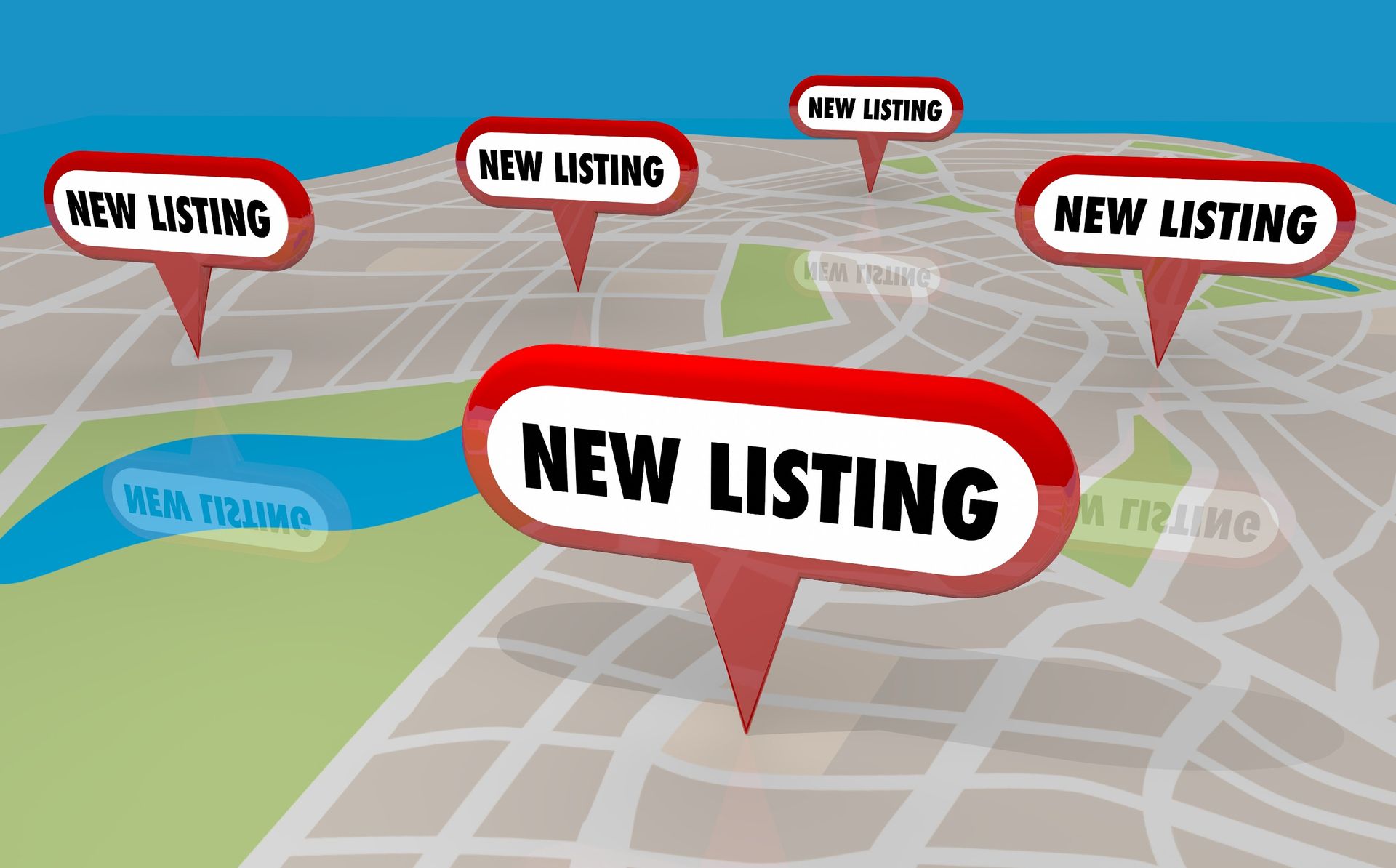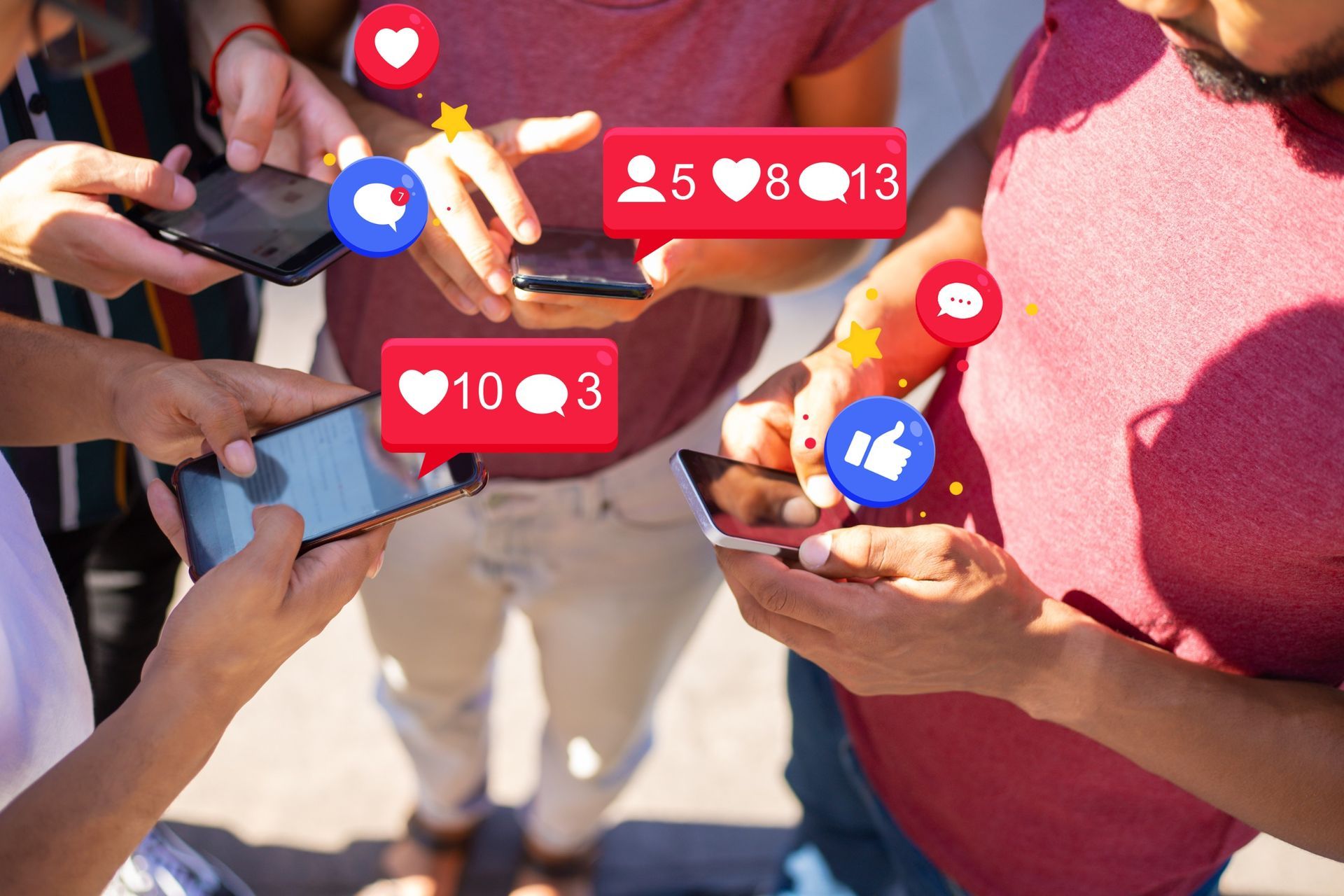How to Design an AI Marketing Strategy
With the advancements in technology, artificial intelligence (AI) has become an essential tool for businesses to stay ahead in a highly competitive market. From chatbots and virtual assistants to predictive analytics and personalized recommendations, various applications of AI can enhance marketing strategies.
However, many businesses still struggle with incorporating AI into their existing marketing plans due to a lack of understanding or fear of complexity. If you're one of those business owners or marketers looking to harness the power of AI for your marketing efforts, then you've come to the right place.
In this blog post, we will guide you through the process of designing an effective AI marketing strategy that can elevate your brand's success and set it apart from the competition.
What is AI Marketing and Why is it Important?
AI marketing involves the use of artificial intelligence technologies to make automated decisions based on data collection, data analysis, and further interpretation of that data. Essentially, it's the process of leveraging customer data and AI concepts like machine learning to anticipate your customer's next move and enhance the customer journey.
In today's digital age, businesses face the challenge of dealing with vast amounts of data. Analyzing this data manually to derive insights is not only time-consuming but also often inaccurate. This is where AI marketing comes into play. It helps in data-driven decision-making, providing businesses with insights about what their customers are likely to do, and offering personalized content to them.
AI marketing has become a game-changer for businesses in this data-driven world. It not only eliminates the guesswork out of marketing strategies but also empowers businesses to deliver a personalized customer experience, increase customer engagement, and ultimately drive more sales and growth. In an increasingly competitive market, utilizing AI for marketing is no longer a luxury, but a necessity.
Benefits of Implementing an AI Marketing Strategy
Implementing an AI marketing strategy can significantly transform your business operations and outcomes. Here are some key benefits:
- Increased Efficiency: AI can automate repetitive and mundane tasks involved in marketing, such as data collection, email scheduling, and social media posting. This automation saves significant time and resources, enabling your marketing team to focus on more strategic and creative tasks.
- Enhanced Personalization: AI can analyze vast amounts of data to gain deep insights into customer behavior, preferences, and purchasing patterns. This ability allows for highly personalized marketing campaigns. It tailors the content, recommendations, and offers to each customer's unique needs and interests, leading to higher customer engagement and conversion rates.
- Improved Decision Making: AI's analytic capabilities provide real-time insights, predictions, and trend analyses. This wealth of detail helps marketers make informed decisions, refine marketing strategies, and anticipate market changes.
- Better Customer Experience: AI-powered chatbots and virtual assistants can provide instant customer service, enhancing the customer experience. They can handle multiple customer queries concurrently and are available 24/7, ensuring immediate response and resolution.
Simply put, integrating AI into your marketing strategy equips you with a powerful tool to understand your customers better, meet their needs more effectively, and ultimately drive your business's growth and success.
Understanding Your Target Audience with AI
Understanding your target audience is a critical aspect of any marketing strategy, and AI significantly enhances this process. AI technology can collect and analyze enormous amounts of data about your customers' behaviors, preferences, and interactions. It includes their online browsing habits, purchase history, social media activity, and more.
With AI, you could create detailed customer profiles, also known as buyer personas, using real-time data. It helps you understand not just who your customers are, but also what they want, how they behave, and when and where they are most likely to engage with your brand.
Such insights allow for a more nuanced understanding of your audience and equip you to meet their needs more efficiently.
Moreover, AI's predictive capabilities allow you to anticipate future trends and behaviors. For instance, AI can identify patterns and predict when a customer might be ready to make a purchase, or when they might be at risk of churning. By understanding your audiences' behavior at this granular level, you can optimize your marketing efforts, deliver highly personalized experiences, and ultimately, foster loyalty and growth.
Utilizing Chatbots and Virtual Assistants for Customer Engagement and Support
Chatbots and virtual assistants, powered by AI, have become indispensable tools for customer engagement and support in the digital age. They can handle multiple customer queries simultaneously, provide instant responses, and are available round the clock, ensuring an enhanced customer experience.
Chatbots can be deployed on various platforms such as your brand's website, social media channels, or messaging apps, offering convenience and accessibility to your customers. They are equipped to answer frequently asked questions, guide customers through your website, or help with product recommendations based on the customer's queries and preferences. This level of personalized interaction significantly boosts customer engagement and satisfaction.
Virtual assistants, on the other hand, can handle more complex tasks. They can be programmed to understand natural language, making the interaction more human-like. They can assist with scheduling appointments, sending reminders, or even conducting customer surveys.
By taking over these administrative tasks, virtual assistants not only streamline operations but also free up your human workforce to focus on more strategic tasks.
Moreover, both chatbots and virtual assistants gather valuable customer data through interactions. This data can be analyzed to gain further insights into customer behavior and preferences, helping refine your marketing strategies and improving your offerings.
Harnessing the Power of Predictive Analytics to Improve Lead Generation and Sales
Predictive analytics, one of the many applications of AI, is a game-changing tool in the field of marketing, particularly in lead generation and sales. Leveraging the power of predictive analytics allows businesses to use historical data and machine learning algorithms to predict future outcomes.
Predictive analytics can identify potential leads, predict sales trends, and improve conversion rates, thereby driving business growth. It does so by analyzing the behavior of potential customers, identifying patterns, and recognizing their likelihood to convert. As a result, businesses can focus on leads that are more likely to generate sales, resulting in more efficient use of resources and higher ROI.
Moreover, predictive analytics can help businesses understand what marketing strategies work best for their target audience, enabling them to tailor their campaigns and maximize engagement. For instance, it can predict which type of content resonates most with a particular demographic or what time of day they are most likely to engage.
Another crucial application of predictive analytics is in sales forecasting. By analyzing sales trends and patterns, it can predict future sales performance, helping businesses plan their strategies and budgets more accurately.
Harnessing the power of predictive analytics can provide a significant edge in a competitive market.
Tips for Choosing the Right AI Tools and Platforms for Your Business Needs
Choosing the right AI tools and platforms can be challenging, but it's a crucial step to ensure that your AI marketing strategy is successful. Here are some tips to guide you:
1. Identify Your Business Needs: Before exploring various AI tools, have a clear understanding of your business needs and objectives. Are you looking to automate your social media posts, enhance customer service, or gain insights into customer behavior? Your objectives will determine which AI tools will be most beneficial for your business.
2. Consider the Tool's Capabilities and Features: Ensure that the AI tool has the capabilities and features that align with your business needs. For example, if you aim to improve customer service, look for tools that offer chatbot functionality. If you want to gain insights into customer behavior, choose a tool with robust data analysis and predictive analytics features.
3. Assess the Tool’s Scalability: Your business needs may grow or change over time. Therefore, choose an AI tool that can scale with your business and adapt to evolving needs. Check if the tool can handle larger datasets or more complex tasks as your business grows.
4. Evaluate the Tool's User-Friendliness: AI tools should be easy to use and understand. User-friendly platforms help your team adopt the tool quickly, reducing the learning curve and enhancing productivity.'
5. Check the Vendor's Support and Updates Policy: Ensure the vendor offers reliable support to resolve any issues that may arise. Also, check if they regularly update the tool to incorporate the latest AI technologies and features.
6. Consider the Cost: Finally, consider the cost of the AI tool. Ensure the tool provides value for money and fits your budget. Some AI tools offer a free trial or a demo, enabling you to evaluate the tool before making a purchase.
Choosing the right AI tools for your business can significantly enhance your marketing efforts, streamline operations, and drive growth. Therefore, invest time in the selection process to ensure you're making the best choice for your business.
In Conclusion
AI holds promising potential for revolutionizing marketing strategies by streamlining operations, enhancing customer engagement, and driving business growth. Its applications in customer profiling, predictive analytics, and customer service automation are invaluable.
However, the success of your AI marketing strategy depends largely on choosing the right tools that align with your specific business needs. By effectively harnessing the power of AI, businesses can gain a competitive edge, offer a more personalized customer experience, and make informed decisions that drive success in this data-driven era.
Remember, the journey towards effective AI implementation is a marathon, not a sprint. It requires a mindset of continuous learning, adaptation, and evolution.
About Whale Traffic
There is no one better to be on your side if you are embarking on your marketing journey and looking for a reliable and experienced partner to handle your digital advertising.
We have worked with clients across industries and sectors and have helped them achieve their marketing goals.
Our talented team has expertise in several marketing channels and platforms and works together to hit the mark! Our services include display ads, search ads, social ads, and more. You can reach us at 18446994253 or fill out our contact form to know more.
